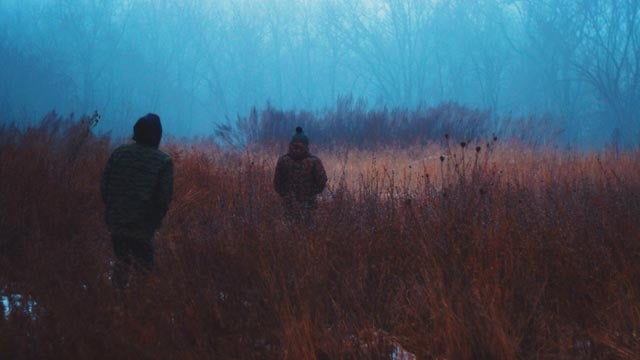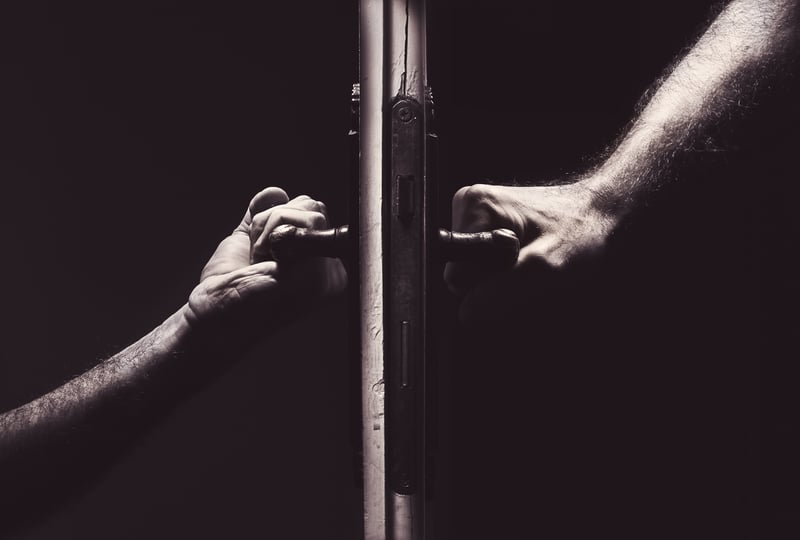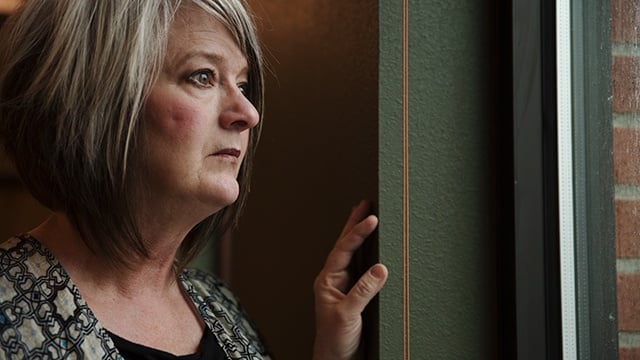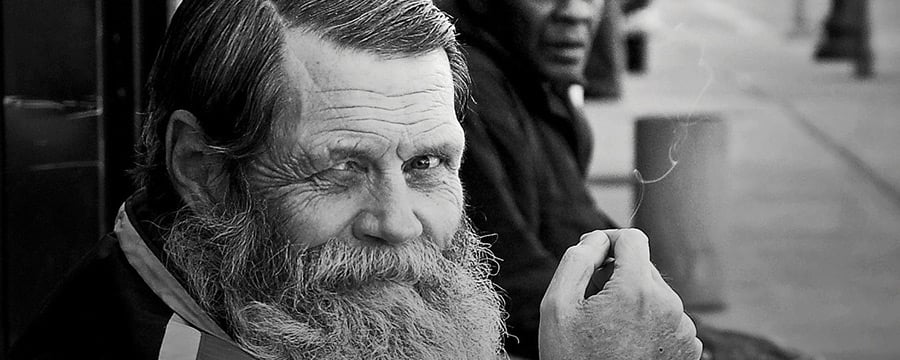2 min read
Gospel-Centered from the Start
“Let us hold unswervingly to the hope we profess, for He Who promised is faithful…Jesus Christ is the same yesterday, today, and forever.” (Hebrews...
2 min read
 Barbara Comito, former marketing director
:
March 1, 2017
Barbara Comito, former marketing director
:
March 1, 2017
It’s hard to talk about homelessness without talking about mental illness. An oft-quoted estimate suggests that as many as one-third of homeless individuals suffer from serious mental illness. But notice the qualifier “serious.”
What is mental illness? And when does it become “serious”?
When some people hear “mentally ill,” they tend to think “crazy” – dangerous psychopaths and people who have completely lost touch with reality - and most people who have worked with the homeless population for any period of time have encountered men and women who might fit into one of those categories. It comes with the territory.
It’s critical, however, to realize that the spectrum of mental illness is extremely broad. According to the National Alliance on Mental Illness, 1 in 5 adults in America experience a mental illness. One in 25 (10 million) adults in America live with a serious mental illness.

“Mental illness refers to a wide range of mental health conditions — disorders that affect your mood, thinking and behavior. Examples of mental illness include depression, anxiety disorders, schizophrenia, eating disorders and addictive behaviors.” (Mayo Clinic) Within each of those examples, there are varying levels of severity.
The Union Gospel Mission is limited in its ability to help people struggling with severe mental illness. People who stay in our shelters must be able to manage themselves and function within a community setting. People enrolled in the long-term recovery programs must be able to dive into past trauma and emotions, processes that would be extremely difficult, if not impossible, for people with severe mental illness.
UGM is best positioned to help people with addictions, post-traumatic stress disorder and other mood disorders.
Holly Simons, a board-certified psychiatric nurse who volunteered in the Men’s Recovery Program for years, explained her perspective on the relationship between mental disorders and homelessness:
“You have the anxiety. You have the depression. You have the trauma – the thing with addiction is to escape the painful emotions and thinking that trigger old wounds. If I get drunk or if I shoot up, then I’m not going to feel, and I’m not going to think. So it pushes it down. They feel normal for a change. They don’t feel the pain, but the more you take, then the bigger the problem you’re creating. Now, you’ve isolated yourself from family. You’ve isolated yourself from your children, from your work, so it creates a bigger problem than the one you started with. Then you become homeless, and that cycle continues until there’s some type of intervention. And for some it doesn’t happen, and that’s the sad part.”
One of the keys to addressing homelessness is to recognize how much we as humans have in common. On the subject of mental illness, that means opening our minds to see beyond “crazy” and to seek to understand the struggle when the mind doesn’t seem to be cooperating with one’s best intentions – a struggle not limited to homeless people.
Check back over the next few days for stories of people who, from the outside, might seem to be high-functioning and yet confess to mood disorders that have, at times, paralyzed them.
The first step in addressing homelessness in our region is understanding its complexity. Get started on your education journey with our free e-book.

2 min read
“Let us hold unswervingly to the hope we profess, for He Who promised is faithful…Jesus Christ is the same yesterday, today, and forever.” (Hebrews...

9 min read
To celebrate 75 years of serving the Inland Northwest, we are spending the year remembering our history and the faithfulness that built us and...

2 min read
In 2026, Union Gospel Mission Inland Northwest is approaching our 75th Anniversary! This is a milestone that invites gratitude and reflection, and...

Holly Simons is one of the extraordinarily talented volunteer professionals giving sacrificially of their time and talents to the Union Gospel...

By Barbara Comito, Director of Marketing & Communications I once interviewed a teenager who described her depression as a “blanket on the brain.”...

Serious mental illness. It’s a tough topic. But when we exist to serve the homeless, we simply cannot ignore it. As we mentioned in a previous post,...